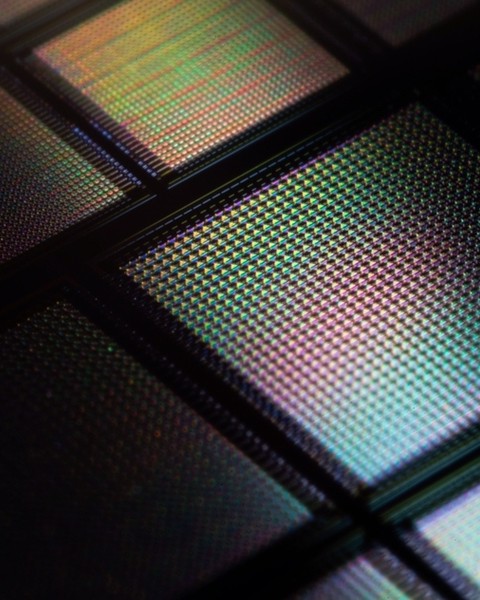Jennifer Chu | MIT News Office
MIT engineers have designed a “brain-on-a-chip,” smaller than a piece of confetti, that is made from tens of thousands of artificial brain synapses known as memristors — silicon-based components that mimic the information-transmitting synapses in the human brain. The researchers borrowed from principles of metallurgy to fabricate each memristor from alloys of silver and copper, along with silicon. When they ran the chip through several visual tasks, the chip was able to “remember” stored images and reproduce them many times over, in versions that were crisper and cleaner compared with existing memristor designs made with unalloyed elements.
The work has been highlighted in Nature Nanotechnology, Popular mechanics, and TechCrunch.
Complete article from MIT News.
Explore
MIT Physicists Observe Key Evidence of Unconventional Superconductivity in Magic-angle Graphene
The findings could open a route to new forms of higher-temperature superconductors.
Jennifer Chu | MIT News
A “seating chart” for Atoms Helps Locate Their Positions in Materials
Jennifer Chu | MIT News
The DIGIT imaging tool could enable the design of quantum devices and shed light on atomic-scale processes in cells and tissues.
AI System Learns from Many Types of Scientific Information and Runs Experiments to Discover New Materials
Zach Winn | MIT News
The new “CRESt” platform could help find solutions to real-world energy problems that have plagued the materials science and engineering community for decades.




